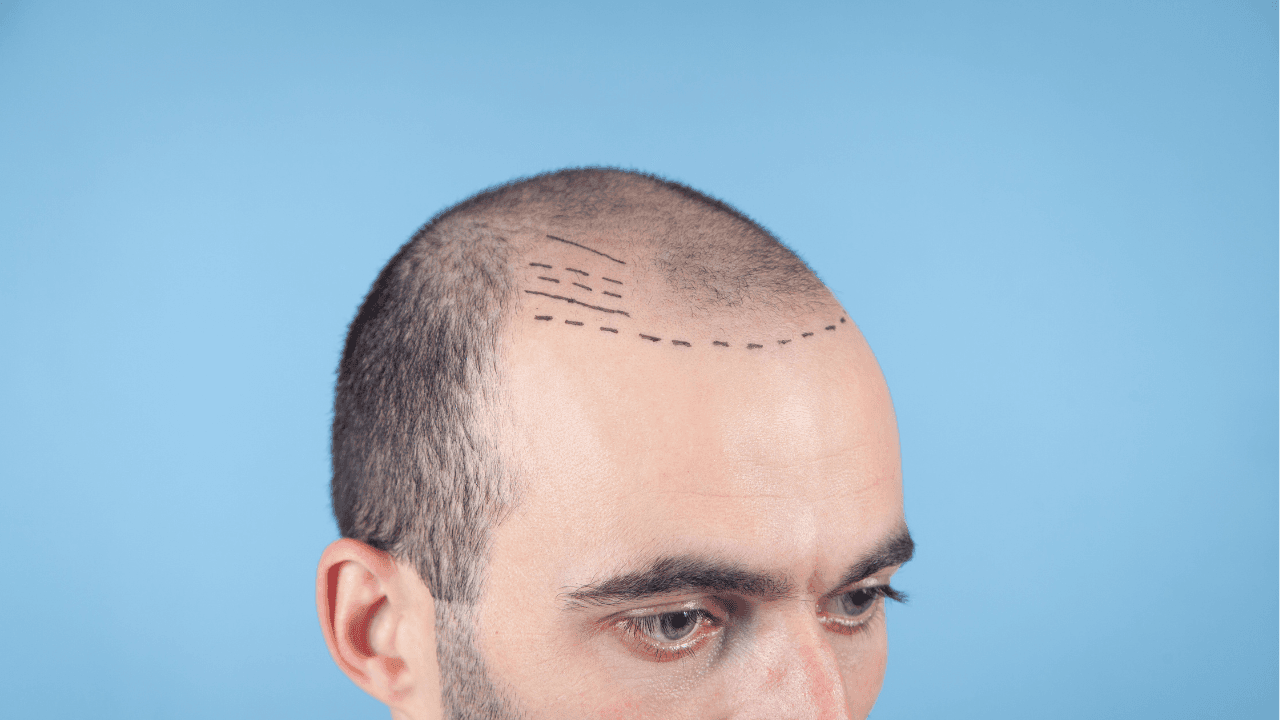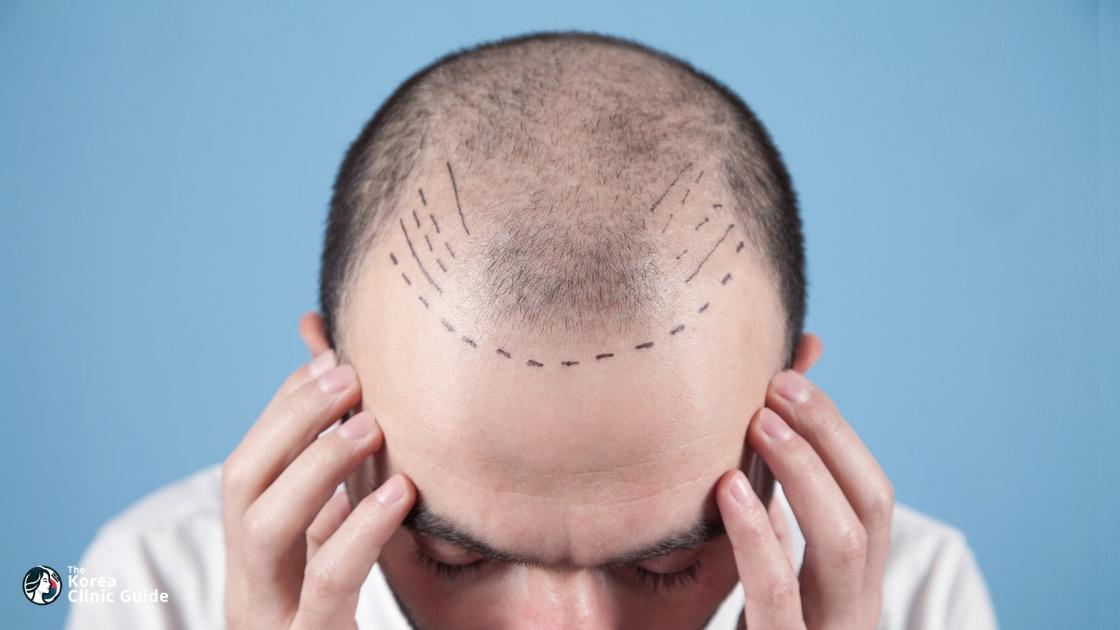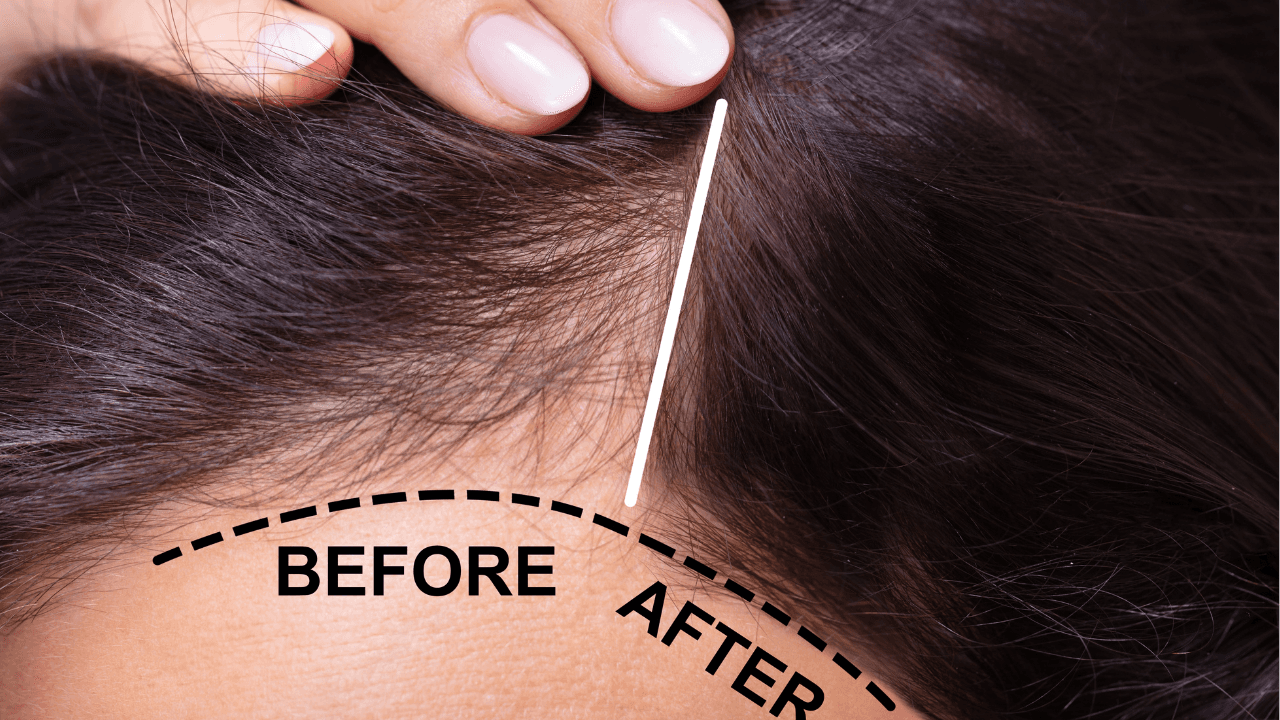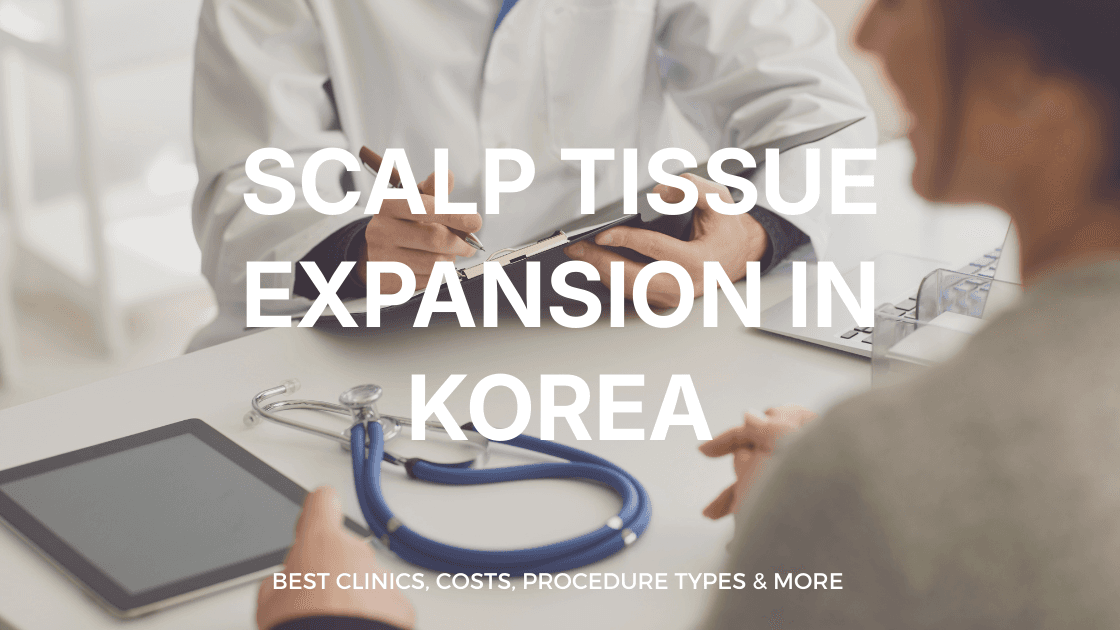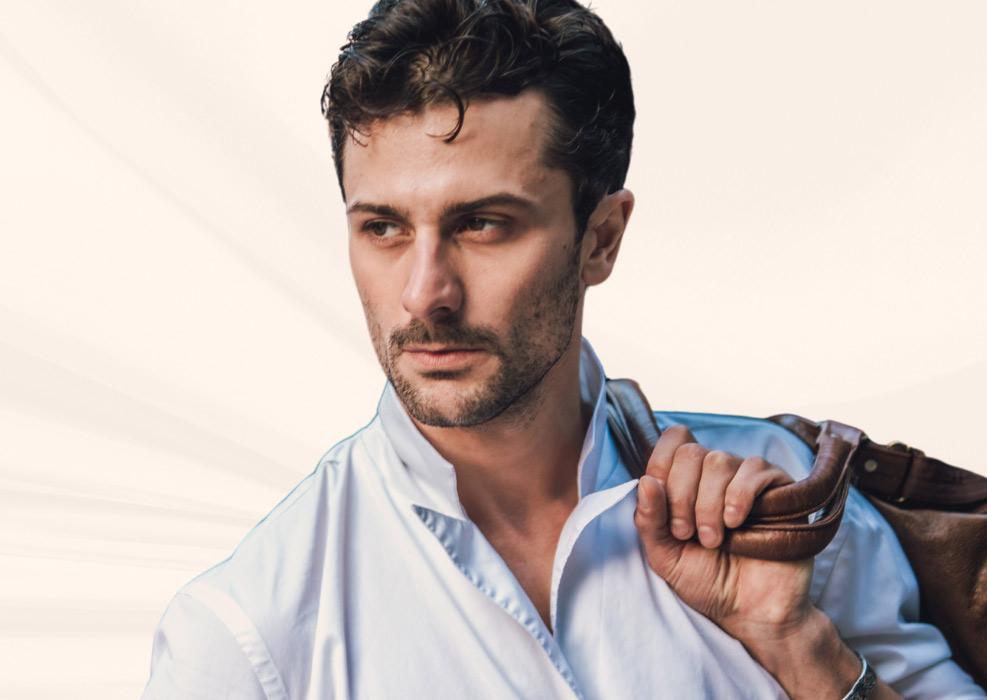Medical Tourism Blog
Getting A Hair Transplant in Korea vs Turkey | Cost, Quality, Safety & Success Rate Comparison

Table of contents
The decision to undergo a hair transplant is significant, impacting not just one's appearance but also their self-esteem and confidence. In recent years, the conversation about where to get this procedure done has often boiled down to two countries renowned for their expertise in the field: Korea and Turkey. Both destinations offer unique benefits and considerations for individuals looking to regain their hair glory. This comparison seeks to delve into the aspects of hair transplant procedures in Korea versus Turkey, providing insights to help you make an informed decision.

What Is A Hair Transplant
A hair transplant is a surgical procedure that involves relocating hair follicles from a dense growth area, typically the back or side of the head, to a balding or thinning area. The procedure aims to restore hair growth in areas affected by baldness or hair thinning, like for example lowering the hairline, offering a permanent solution to hair loss. Hair transplant techniques have evolved significantly, boasting high success rates and natural-looking results. The most common methods include Follicular Unit Extraction (FUE) and Follicular Unit Transplantation (FUT).
Hair Transplant in Korea vs Turkey
When considering a hair transplant, the destination plays a crucial role in the success and satisfaction of the procedure. Korea and Turkey have emerged as leading players in the hair transplant industry, each offering unique advantages. This comparison will explore critical areas such as safety, quality, results, and surgeon expertise in both countries to aid in your decision-making process.
1. Hair Transplant Safety in Korea vs Turkey
When it comes to undergoing any medical procedure, especially one as delicate and visible as a hair transplant, safety is rightfully a top concern for many. Korea and Turkey, each renowned for their advances in cosmetic and medical tourism, have unique approaches and standards when it comes to ensuring the safety and well-being of their patients.
Korea's approach to medical safety, particularly in cosmetic procedures like hair transplants, is underpinned by a rigid regulatory environment. The Korean government enforces stringent guidelines for clinics, ensuring that they meet high-quality healthcare standards. These regulations are designed to safeguard patients by requiring clinics to utilize up-to-date technologies and to adhere strictly to sanitation and hygiene protocols. Furthermore, Korean clinics are often subjected to regular inspections and must maintain certifications that are periodically reviewed.
One of the exemplars in this field is the Maxwell Hair Transplant Clinic, renowned not just for its adherence to these rigorous safety standards, but also for its exceptional quality of care, high success rates, and commitment to patient safety above all. The clinic's reputation is built on its use of state-of-the-art technology, advanced treatment techniques, and a patient-centered approach that minimizes risks and maximizes satisfaction and outcomes. It stands as a testament to what Korean hair transplant clinics can offer, setting a benchmark in safety, quality, and reliability.

While Turkey is celebrated worldwide for its expertise in hair transplant operations, offering quality service at competitive prices, it is crucial for potential patients to conduct comprehensive research before choosing a provider. The variability in regulation enforcement means the safety standards, though generally high, can differ significantly from one clinic to another. This inconsistency could raise the possibility of experiencing a botched hair transplant, requiring costly revision procedures.
The chances of a failed hair transplant are a bit higher in Turkey, primarily due to the wide disparities in clinic quality and the less stringent regulation of practices. A failed initial transplant not only increases the financial burden on the patient, due to the need for a revision hair transplant – which is typically more complicated and costly than the first – but it also imposes additional emotional and physical stress on them.
Choosing a reputable clinic is paramount in Turkey; while there are many establishments that deliver exceptional care and results, the risks of encountering less scrupulous providers are higher. It necessitates a thorough vetting process, where reviews, accreditations, and patient testimonials play a crucial role in identifying a clinic that aligns with the safety and quality one would find in top Korean facilities like Maxwell Hair Transplant Clinic.
In conclusion, while both Korea and Turkey offer unique advantages for those seeking hair transplant procedures, the approach and standards for ensuring patient safety vary notably. Korea's stringent regulatory environment and the exemplary standards set by clinics like Maxwell Hair Transplant Clinic highlight the country's commitment to patient safety. Conversely, while Turkey remains a popular choice for many international patients, the necessity for diligent research and selection of a reputable clinic can't be overstated to mitigate risks and ensure a successful, safe hair transplant outcome.
For more information about the procedure, visit their website here: Hair Transplant at Maxwell Clinic
To schedule a free consultation, click here: Free Consultation
2. Hair Transplant Quality in Korea vs Turkey
The quest for a quality hair transplant involves not just the transformation of your appearance but the assurance of your health and safety. While Korea and Turkey both stand out as leaders in the field of hair restoration, the quality of the procedure, influenced by clinic choice and surgeon expertise, can significantly vary. This section delves into what sets apart the high-quality services offered in these countries and the critical need for caution to avoid potential pitfalls.
In Korea, clinics like Seojin Hair Clinic exemplify the epitome of quality in hair transplant services. Renowned for their meticulous approach, Seojin Hair Clinic leverages advanced techniques and technologies to ensure the best possible outcomes for their patients. The clinic upholds the highest standards of patient care, from initial consultations through to post-operative follow-ups. Their success lies in a personalized treatment plan tailored to each individual's unique needs, backed by a team of highly trained and experienced specialists. The attention to detail and commitment to excellence at Seojin Hair Clinic reflects the broader emphasis on quality throughout the Korean hair transplant industry.

Turkey's appeal as a go-to destination for hair transplants is shadowed by instances of compromised quality. The lure of affordable procedures sometimes comes at a hidden cost – the risk of undergoing a substandard transplant that may lead to adverse outcomes such as thin or bald patches, scarring, infection, and even sensory loss in the scalp. These quality issues underscore the significance of diligently choosing a reputable clinic and surgeon. The internet abounds with cautionary tales and news reports of individuals who have suffered due to inadequate hair transplants in Turkey.
Poor outcomes from hair transplants are predominantly attributed to underqualified or overextended surgeons. For instance, a scrutiny of practices in Turkey revealed that surgeons often extracted more follicles than needed, compromising the donor area's integrity. Moreover, some clinics attempting to maximize their profit margins might conduct an unsustainable number of surgeries in a day, diminishing the focus and care each patient receives.
The 2022 study by the International Society of Hair Restoration Surgery (ISHRS) highlighted the delicate balance required in grafting, with the ideal number of grafts around 2,176 per session. Surpassing this range drastically, especially going over 3-4,000 grafts, can provoke dire consequences such as donor area depletion and reduced overall hair density – the antithesis of the procedure's intent.
""The biggest risk is falling into the wrong hands and not doing your proper research,"" Dr. Ricardo Mejia, a Board of Governors member of the ISHRS, advises. This cautionary advice encapsulates the importance of thorough vetting when considering a hair transplant, especially in Turkey. The allure of cost-effective solutions should never outweigh the priority for safety and quality.
In summary, while both Korea and Turkey offer pathways to achieving the desired hair restoration results, the consistency, reliability, and quality of the outcome depend on making informed choices. Institutions like Seojin Hair Clinic in Korea set a benchmark of excellence, focusing on patient-centric care, precision, and custom-tailored solutions. Meanwhile, prospective patients eyeing Turkey must navigate with a discerning eye, steering clear of the pitfalls associated with choosing quantity over quality. The decision of where to undergo a hair transplant demands a careful consideration of these factors to ensure that the journey towards restoring your hair is both successful and safe.
For more information about the procedure, visit their website here: Hair Transplant at Seojin
To schedule a free consultation, click here: Free Consultation
3. Hair Transplant Surgeons Expertise in Korea vs Turkey
The expertise and proficiency of hair transplant surgeons play a pivotal role in the success of the procedure. In the comparison between Korea and Turkey, distinct differences in medical training, licensing, and the overall approach to hair restoration surgery become evident, influencing the choice of destination for those considering a transplant.
South Korea distinguishes itself through a rigorous medical education and a highly competitive licensing system for surgeons. The journey to becoming a qualified surgeon in Korea involves extensive training, starting with an undergraduate degree followed by a challenging medical program, and culminating in a specialized residency that hones the surgeon's skills in their chosen field. For cosmetic surgeons, including those specializing in hair transplantation, this pathway ensures a comprehensive understanding of both the aesthetic and technical aspects of surgery.
The Korean medical licensing is renowned for its strictness, involving a series of examinations that assess not only the candidates' medical knowledge but their practical skills and ethical understanding as well. This rigorous process serves to maintain a consistently high standard in the medical profession, ensuring that only those with the requisite expertise and integrity are certified to practice.
The landscape of surgeon expertise in Turkey is more variable, largely due to the country's status as a booming hub for medical tourism. While there are many highly qualified and experienced surgeons in Turkey, the rapid growth in demand for cosmetic procedures, including hair transplants, has led to disparities in the level of expertise available. Reports have indicated that some clinics, in their push to capitalize on the booming market, may employ less experienced surgeons or those without specialized training in hair restoration.
Patients considering Turkey for their hair transplant need to undertake thorough research to identify surgeons who not only possess the required credentials but also have a proven track record of successful procedures. The Turkish medical sector does have stringent regulations and standards in place, but the variability in enforcement and the lure of high patient turnover have highlighted the need for vigilance in selecting a clinic.
The demand for hair transplants in Turkey has led to concerns about over-harvesting of follicles and a high volume of operations per day, pointing to the importance of finding a surgeon who prioritizes patient well-being over throughput. Despite these challenges, Turkey houses numerous skilled and ethical surgeons who commit to delivering high-quality, personalized care, mirroring the ethos found in Korean clinics.
4. Hair Transplant Cost in Korea vs Turkey
| Procedure Price | Korean Won (₩) | USD ($) |
|---|---|---|
| Low Price | ₩6,000,000 | $4100 |
| High Price | ₩15,000,000 | $10200 |
Exchange rate as of 2025-01-06: 1 KRW = 0.0007 USD
Please note that these prices are approximate guidelines and can vary significantly based on the clinic and your individual circumstances.
The cost of a hair transplant is a pivotal factor for many individuals contemplating this life-altering procedure. Differences in the pricing structure between Korea and Turkey can be significant, influenced by a variety of factors including the level of technology used, surgeon expertise, and the overall healthcare system in each country. Understanding these cost differences is essential for making an informed decision that aligns with both your budget and expectations for quality.
South Korea is often associated with a higher price tag than Turkey for hair transplants, attributed to the country's cutting-edge medical technology, stringent safety standards, and the high level of surgeon expertise. The investment in a Korean hair transplant procedure reflects not just the surgery itself, but a comprehensive package that includes pre-operative assessments, post-operative care, and a focus on achieving aesthetically pleasing, natural-looking results. Prices can vary widely based on the clinic's reputation, the complexity of the procedure, and the specific technique used (e.g., FUE or FUT).
Turkey is renowned for offering more affordable hair transplant procedures, making it an attractive destination for medical tourists from across the globe. The cost-effectiveness of Turkish hair transplants does not inherently compromise quality, as the country boasts numerous reputable clinics that uphold international standards of care. The lower cost is primarily due to Turkey's lower cost of living and operational costs, in addition to the competitive market fueled by the high volume of patients seeking treatment there.
While the apparent cost difference makes Turkey seem like the clear choice for those on a budget, it's crucial to consider other factors that might influence the overall value and satisfaction of the procedure. The potential need for follow-up treatments or corrective surgeries, especially in cases where initial outcomes are not satisfactory, can substantially increase the total expense. Furthermore, the logistical and emotional costs of traveling to another country for surgery, including time off work and recovery away from home, should not be overlooked.
In Korea, although upfront costs are higher, the investment is in the safety protocols, advanced technology, and surgeon expertise that minimize the risk of complications and the need for further interventions. This upfront cost can ultimately prove to be more cost-effective in the long term, considering the reduced risk of needing corrective procedures.
Conclusion
Choosing between Korea and Turkey for a hair transplant is influenced by various factors, including safety, quality, results, and surgeon expertise. Both countries offer distinct advantages, making them leaders in the field of hair restoration. Korea is celebrated for its technological advancements, meticulous approach, and regulatory rigor, while Turkey is known for its cost-effectiveness. Ultimately, the decision should be based on thorough research, personal needs, and preferences, ensuring the journey to restoring your hair is as smooth and successful as possible."

